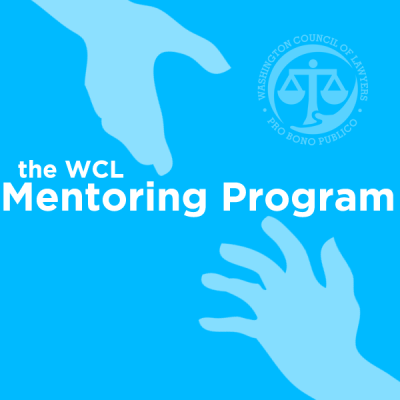Ward 8 Councilmember LaRuby May
By Alex Kurtz After an election so close that it almost automatically generated a recount, in April LaRuby May won the Ward 8 seat on the DC City Council. Although she won by a narrow margin, Councilmember May has continued to garner support even after being sworn in; she encourages constituents’ participation in their community with the goal to “see Ward 8 rise.” Her newsletter, The Rise, first published just a month into her term, keeps Ward 8 informed about her work, providing residents with necessary information to actively participate in their community through community meetings and “pop-up” offices. It also helps them meet their own families’ needs, providing public safety contact information and agency response timeframes. It was her work with children, in part, that led May to law school and to her current position. While working for a nonprofit that served children, and teaching them about the importance of giving back to their communities, May was urged by the children to become a lawyer. Their enthusiasm played an important role in her decision to attend law school at the University of the District of Columbia, where her legal education was influenced by a strong commitment to public service. Since then, she has dedicated herself to serving others. Councilmember May assured the children and families that she serves that her actions would be consistent with her words, and she has strived to honor this commitment since entering office. As an ambassador for Ward 8, she and her colleagues at organizations such as the Neighborhood Legal Services Program have worked closely to ensure that constituents are connected with the legal services they need. When May finds a particular legal need that isn’t covered by the available services in the District, she seeks help from law firms. She also recently co-introduced legislation with Councilmember Brandon Todd that, if approved by her colleagues on the Council, would provide seniors with access to legal clinics. May is also the first Councilmember to introduce Pop-Up Office Hours in Ward 8. Her goal is to connect residents with resources from various government agencies in DC, such as onsite emergency benefits and immunizations so that students can start school on time. May believes that the government shouldn’t always expect people to come to them, and that it should bring services to the people who need them most. Alex Kurtz is a student at Washington College and a former intern at Washington Council of Lawyers.







